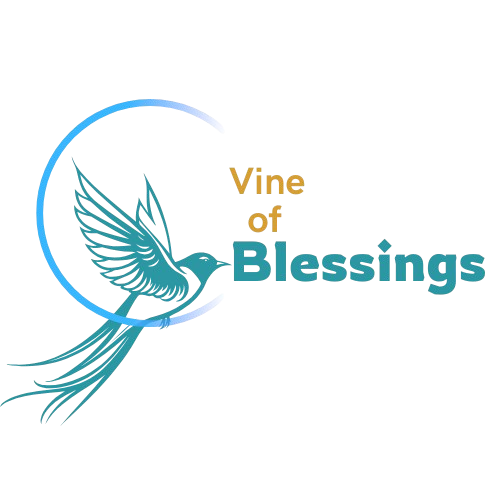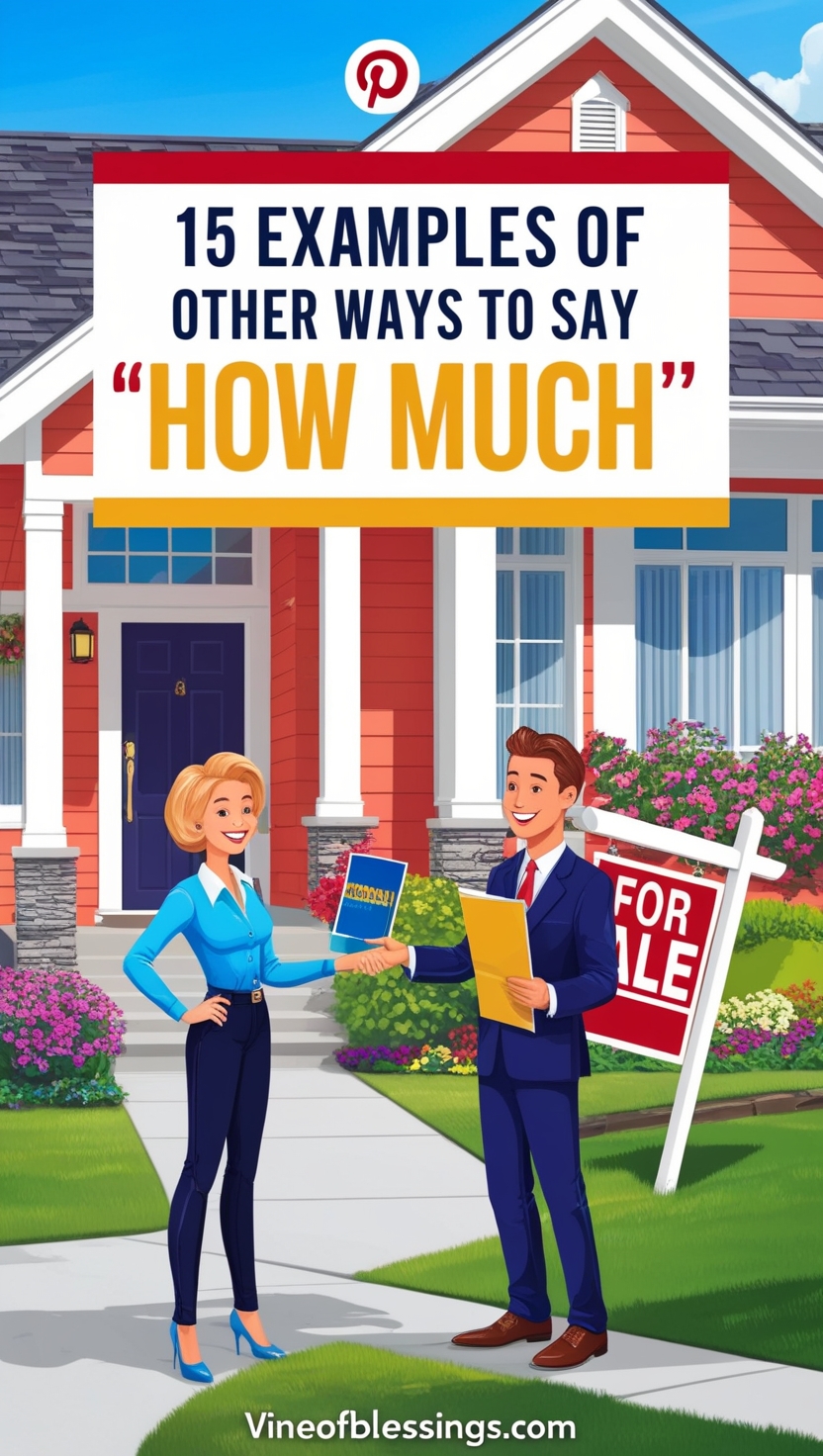Instead of saying ‘how much,’ you can use phrases like ‘What’s the price?’ or ‘What’s the damage?’ These alternatives not only add variety but also let you adapt to different situations, whether you’re being casual, polite, or professional.
“Curious about how to sound more polished or playful in conversations? Discover 15 creative ways to replace ‘how much!’”
“Want to make your questions stand out? Check out these versatile alternatives to asking ‘how much.’”
“From casual chats to professional discussions, learn how these phrases can transform your vocabulary!”
“Think ‘how much’ is overused? Here’s a guide to smarter and more stylish expressions!”
Below, we’ll explore 15 diverse expressions, categorized for convenience, that capture the essence of this phrase while adding nuance and style.
Everyday Alternatives to “How Much”
1. What’s the Price?
This is one of the most direct substitutes for “how much.” Commonly used when discussing costs, it’s straightforward and fits in casual or formal settings alike. For example:
- “What’s the price of this jacket?”
2. What Does It Cost?
Another practical option, this phrase emphasizes the value or monetary aspect of an item or service. It can also imply curiosity about affordability:
- “What does it cost to join this club?”
3. What’s the Damage?
A playful, colloquial way to ask about cost, this phrase often lightens the mood. It’s commonly used after a purchase:
- “After that dinner, what’s the damage?”
Polite Variations
4. Could You Tell Me the Price?
This polite phrasing works well in formal settings or when speaking with someone you don’t know well. It’s courteous and professional:
- “Could you tell me the price of this service?”
5. May I Ask the Cost?
Similar to the previous option, this phrasing adds an extra layer of respect and formality, suitable for professional or customer interactions:
- “May I ask the cost of the premium package?”
6. What Might It Be Worth?
This slightly old-fashioned expression is perfect when discussing the value of antiques, art, or collectibles:
- “What might this painting be worth?”
Context-Specific Expressions
7. What’s the Fee?
This phrase is most relevant when discussing charges for services, memberships, or access:
- “What’s the fee to enter the museum?”
8. What’s the Rate?
When dealing with hourly charges, professional services, or financial terms, “what’s the rate” fits perfectly:
- “What’s the rate for consulting services?”
9. What’s the Asking Price?
This phrase is often used in real estate, auctions, or negotiations. It inquires about the initial price set by a seller:
- “What’s the asking price for this property?”
Casual Phrasing
10. How Much Are We Talking About?
An informal way to ask for a price, this phrase adds a conversational tone to your query:
- “How much are we talking about for these tickets?”
11. What’s It Going For?
Frequently heard in markets or second-hand transactions, this question asks about the selling price:
- “What’s it going for these days?”
12. What’s the Tab?
Often used in restaurants or bars, this phrase specifically refers to the total bill:
- “What’s the tab for tonight’s dinner?”
Figurative or Indirect Expressions
13. What Do I Owe You?
This phrase implies a willingness to pay and is often used in casual settings or among friends:
- “Thanks for the coffee! What do I owe you?”
14. What Will It Set Me Back?
A colorful, informal way to ask about cost, this phrase can convey humor or concern about affordability:
- “How much will that fancy gadget set me back?”
15. How Much Am I Looking At?
Perfect for tentative situations, this phrase reflects a mix of curiosity and financial planning:
- “If I upgrade my phone, how much am I looking at?”
Additional Tips for Mastering Cost-Related Phrases
1. Cultural Sensitivity in Language
Some phrases, like “What’s the damage?” or “What will it set me back?” may carry different connotations in various cultures. Understanding these nuances can help you communicate more effectively in diverse settings.
2. Using Non-Monetary Alternatives
In situations where you’re asking about effort or time rather than money, phrases like “What’s the effort involved?” or “How much time will it take?” can broaden the context of “how much.”
3. Blending Humor and Context
Using playful alternatives such as “What’s the damage?” can help lighten the mood in informal settings. Humor can be a powerful tool to make conversations enjoyable, but it’s important to gauge the appropriateness of such expressions based on the audience.
4. Understanding Non-Verbal Cues
Sometimes, when asking about costs in person, your tone and body language can convey politeness or curiosity better than words alone. Pairing the right phrase with respectful non-verbal communication enhances clarity.
Why Use Alternatives to “How Much”?
1. Enhances Communication
Using varied phrases keeps your communication fresh and engaging, especially in contexts like business, creative writing, or customer service.
2. Tailors Tone and Context
Certain situations demand specific language. While “how much” is versatile, choosing a more fitting alternative can convey professionalism, casualness, or even playfulness.
3. Expands Your Vocabulary
Incorporating alternative expressions builds linguistic flexibility, allowing you to better adapt to different audiences and scenarios.
Tips for Choosing the Right Phrase
- Consider Your Audience: Use formal alternatives like “May I ask the cost?” in professional settings, and casual ones like “What’s the tab?” with friends.
- Adapt to the Context: Match your language to the situation—for example, “What’s the rate?” for financial discussions and “What’s the asking price?” for negotiations.
- Mind the Tone: Keep the tone friendly and approachable, especially in informal or customer-facing interactions.
Conclusion
Expanding your vocabulary by learning other ways to say “how much” not only enriches your communication but also allows you to tailor your language to fit any context. Whether you’re chatting casually, negotiating a deal, or seeking information politely, these 15 expressions will ensure your queries are clear, engaging, and appropriate. Try incorporating these phrases into your daily conversations—you might be surprised at how they transform your interactions!
Finally, remember that language evolves with use. Don’t hesitate to explore or invent new ways to express “how much”—it’s a great way to keep your communication skills sharp and effective.




